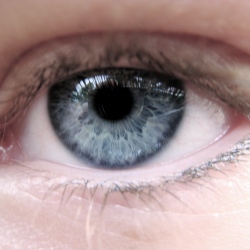
Patient one had two years of progressive memory loss. She was considering quitting her job, which involved analyzing data. She got disoriented driving, and mixed up names. Patient two kept forgetting once familiar faces at work, forgot his gym locker combination, and had to have his assistants constantly remind him of his work schedule.
Patient three’s memory was so bad she used an iPad to record everything, then forgot her password. Her children noticed she commonly lost her train of thought in mid-sentence, and often asked them if they had carried out the tasks that she mistakenly thought she had asked them to do. Since its first description over 100 years ago, Alzheimer’s disease has been without effective treatment.
That may finally be about to change: in the first, small study of a novel, personalized and comprehensive program to reverse memory loss, nine of 10 participants, including the ones above, displayed subjective or objective improvement in their memories beginning within 3-to-6 months after the program’s start. Of the six patients who had to discontinue working or were struggling with their jobs at the time they joined the study, all were able to return to work or continue working with improved performance.
Improvements have been sustained, and as of this writing the longest patient follow-up is two and one-half years from initial treatment. These first ten included patients with memory loss associated with Alzheimer’s disease (AD), amnestic mild cognitive impairment (aMCI), or subjective cognitive impairment (SCI; when a patient reports cognitive problems). One patient, diagnosed with late stage Alzheimer’s, did not improve.
The study, which comes jointly from the UCLA Mary S. Easton Center for Alzheimer’s Disease Research and the Buck Institute for Research on Aging, is the first to suggest that memory loss in patients may be reversed, and improvement sustained, using a complex, 36-point therapeutic program that involves comprehensive changes in diet, brain stimulation, exercise, optimization of sleep, specific pharmaceuticals and vitamins, and multiple additional steps that affect brain chemistry.
